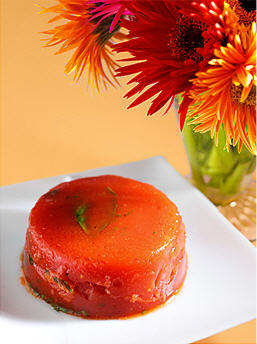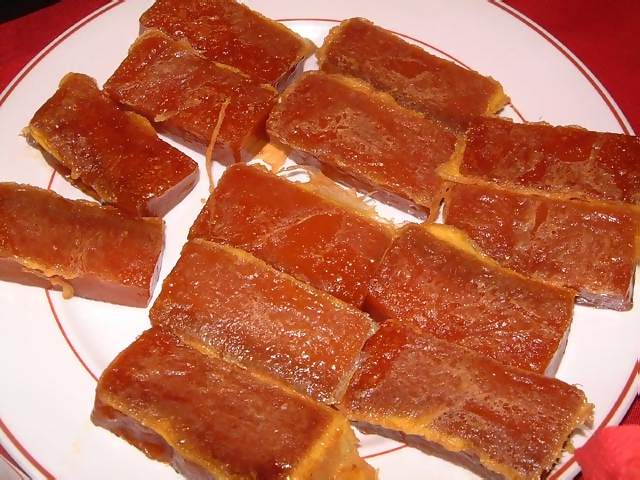Hi e90post
May Year of Pig brings you and your family fortune & health.
Are you also born in the year of the pig?

Persons born within these date ranges can be said to have been born in the "year of the Boar," while also bearing the 5 elemental sign:
30 January 1911 - 17 February 1912: Metal Boar
16 February 1923 - 4 February 1924: Water Boar
4 February 1935 - 23 January 1936: Wood Boar
22 January 1947 - 9 February 1948: Fire Boar
8 February 1959 - 27 January 1960: Earth Boar
27 January 1971 - 14 February 1972: Metal Boar
13 February 1983 - 1 February 1984: Water Boar
31 January 1995 - 18 February 1996: Wood Boar
18 February 2007 - 6 February 2008: Fire Boar
5 February 2019 - 24 January 2020: Earth Boar
2031 - 2032: Metal Boar
2043 - 2044: Water Boar
Later added note: A little reminder, if you were borned in January/February, please do not entirely base on the year of birth to determine your personal animal, you should check the Chinese Fortune Calendar "Tung Shing" to find out which animal year your birthday is falling into. The below chart may not be accurate for some individuals.
e.g. if you were born in 1969 January, you may not be a rooster but a monkey togther with those born in 1968!

Read more Chinese Fortune Calendar about year of the pig and how 5 elements affect us:
http://www.chinesefortunecalendar.com/2007.htm
 15 Days celebration from now!
15 Days celebration from now!
It is just stepping into the first day of Chinese New Year. As a tradition, there is a total of 15 days celebration begins!
First day of the new year
The first day is for the welcoming of the deities of the heavens and earth. Many people, especially Buddhists, abstain from meat consumption on the first day because it is believed that this will ensure longevity for them.
Most importantly, the first day of Chinese New Year is a time where families will pay a visit to their oldest and most senior member of their extended family, usually their parents, grandparents or great-grandparents.
Some families may invite a Lion dance troupe as a symbolic ritual to usher in the Lunar New Year as well as to evict bad spirits from the premises.
Second day of the new year
Incense is burned at the graves of ancestors as part of the offering and prayer ritual.
The second day of the Chinese New Year is for married daughters to visit their birth parents. Traditionally, daughters who have been married may not have the opportunity to visit their birth families frequently.
Third day and fourth of the new year
The third day of Chinese New Year is generally accepted as an inappropriate day to visit relatives due to the following schools of thought. People may subscribe to one or both thoughts.
1) It is known as "chì k u" ( ), meaning that it is easy to get into arguments. It is suggested that the cause could be the fried food and visiting during the first two days of the New Year celebration.
2) Families who had an immediate kin deceased in the past 3 years will not go house-visiting as a form of respect to the dead. The third day of the New Year is allocated to grave-visiting instead. Some people conclude it is inauspicious to do any house visiting at all.
Fifth day of the new year
In northern China, people eat Ji o zi ( ) (dumplings) on the morning of Po Wu. This is also the birthday of the Chinese god of wealth. In Taiwan, businesses traditionally re-open on this day, accompanied by firecrackers.
Seventh day of the new year
The seventh day, traditionally known as renri, the common man's birthday, the day when everyone grows one year older.
It is the day when tossed raw fish salad, yusheng, is eaten. People get together to toss the colorful salad and make wishes for continued wealth and prosperity. This is a custom primarily among the Chinese in Southeast Asia, such as Malaysia and Singapore, but not commonly practised by Chinese in other parts of the world. For many Chinese Buddhists, this is another day to avoid meat.
Chinese New Year's celebrations, on the eighth day, in the Vancouver suburb of Richmond, British Columbia, Canada.
Ninth day of the new year
The ninth day of the New Year is a day for Chinese to offer prayers to the Jade Emperor of Heaven ( ) in the Taoist Pantheon.
Additionally this day is heralded as the New Year of the Hokkiens. Come midnight of the eighth day of the new year, the Hokkiens will offer thanks giving prayers to the Emperor of Heaven. Offerings will include sugarcane as it was the sugarcane that had protected the Hokkiens from certain extermination generations ago. Tea is served as a customary protocol for paying respect to an honoured person.
Fifteenth day of the new year
The fifteenth day of the new year is the last day of the traditional New Year's celebrations. It is celebrated as Yuánxi o jié ( ), the Chinese Valentine's. otherwise known as Chap Goh Mei in Fujian dialect. Tangyuan (Simplified Chinese: ; Traditional Chinese: ; pinyin: t ngyuán), a sweet glutinous rice ball brewed in a soup, is eaten this day. Depending on locality, the same day may also be celebrated as the Lantern Festival, or as the Chinese Valentine's Day.
Common New Year practices
Red packets
Traditionally, red packets (Mandarin: 'hóng b o' ( ); Hokkien: 'ang pow' (POJ: âng-pau); Hakka: 'fung bao'; Cantonese: 'leih síh' ( )) are passed out during the Chinese New Year's celebrations, from married couples or the elderly to unmarried juniors. It is common for adults to give red packets to children. Red packets are also known as (Ya Sui Qian lit age suppressing money) during this period.
The red envelopes always contain money, usually varying from a couple of dollars to several hundred. The amount of money in the red packets should be of even numbers, as odd numbers are associated with cash given during funerals ( : Bai Jin)

My favorite CNY food!

Sweet CNY cake desert fried with egg before fried.

Sweet CNY cake desert fried with egg after fried.


Sweet Dumpling in soup

Finally a lucky pig on his BMW: